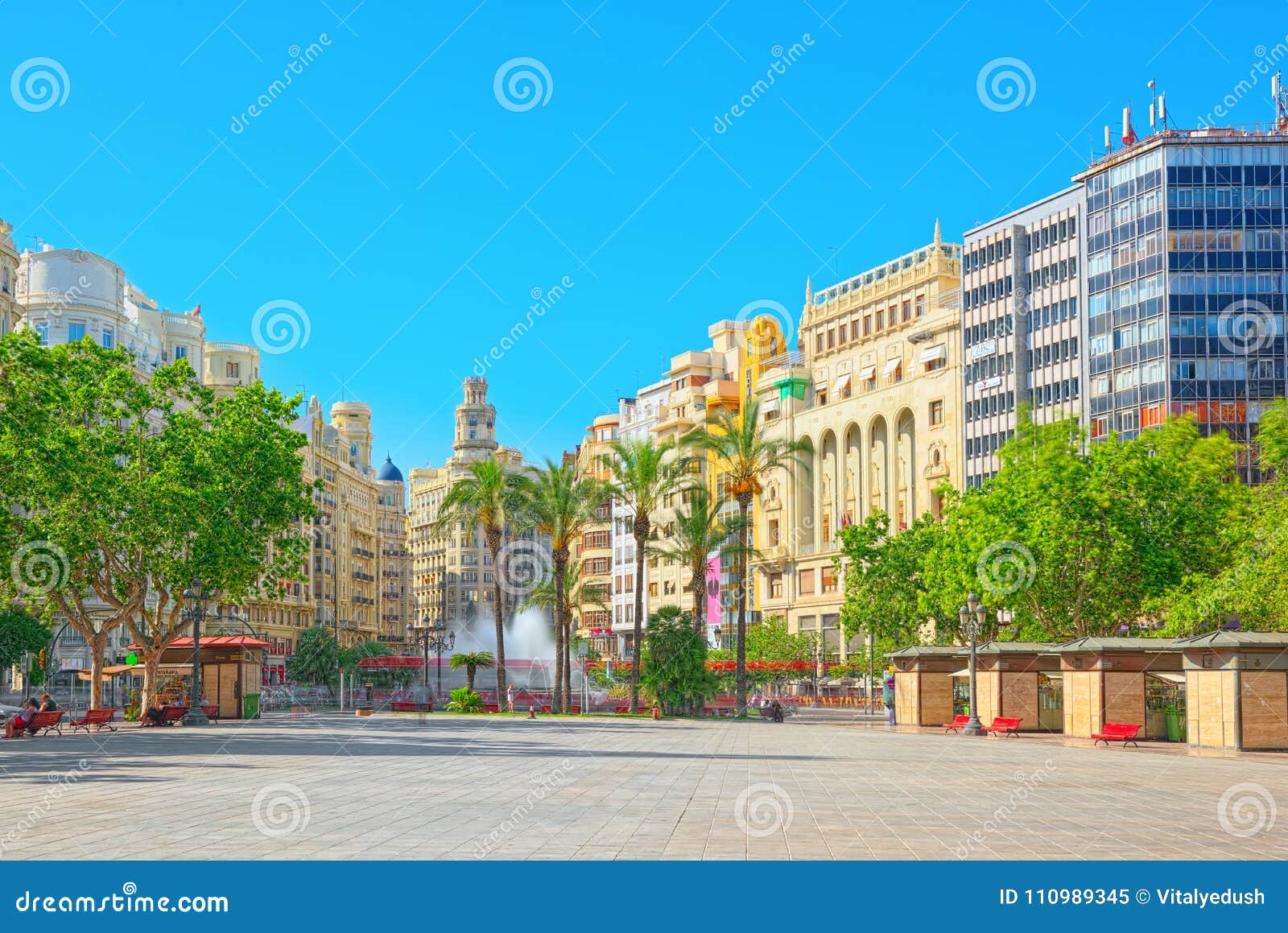Italy's third largest city, Naples, is a vibrant metropolis that captivates visitors with its rich history, cultural heritage, and culinary delights. Nestled on the western coast of Italy, this bustling city offers a unique blend of ancient traditions and modern attractions. As the gateway to the stunning Amalfi Coast and Mount Vesuvius, Naples remains one of the most fascinating destinations in Europe.
Naples, known for its lively atmosphere and vibrant streets, is a city that exudes charm and character at every turn. From its historic landmarks to its world-famous pizza, this Italian gem has something to offer everyone. The city's strategic location and diverse cultural influences have shaped its identity over centuries, making it a must-visit destination for travelers exploring southern Italy.
This article delves deep into the essence of Italy's third largest city, providing an in-depth look at its history, culture, attractions, and much more. Whether you're planning a trip to Naples or simply curious about this remarkable city, this guide will serve as your ultimate resource.
Read also:The Fascinating World Of Speed Of Sound Technologies
Table of Contents
- The Rich History of Naples
- Geography and Location
- Cultural Heritage of Italy's Third Largest City
- Top Attractions in Naples
- Naples' Culinary Delights
- Getting Around Naples
- Festivals and Events in Naples
- Safety Tips for Visitors
- Key Statistics About Naples
- Conclusion
The Rich History of Naples
Italy's third largest city boasts a history that dates back over 2,800 years. Founded by Greek settlers as Parthenope, Naples has been a significant cultural and economic hub throughout its existence. The city flourished under Roman rule and later became the capital of the Kingdom of Naples during the Middle Ages.
Historical Landmarks
Naples is home to numerous historical landmarks that reflect its storied past. The Castel dell'Ovo, one of the oldest castles in the city, stands as a testament to Naples' medieval heritage. Additionally, the ancient Roman city of Pompeii, preserved under volcanic ash from Mount Vesuvius, offers visitors a glimpse into life during the Roman Empire.
- Castel dell'Ovo
- Pompeii Archaeological Site
- Naples National Archaeological Museum
Geography and Location
Located on the western coast of Italy, Naples enjoys a strategic position along the Gulf of Naples. This picturesque setting provides breathtaking views of the Tyrrhenian Sea and the surrounding landscape. The city's proximity to Mount Vesuvius and the Amalfi Coast makes it an ideal base for exploring the region's natural wonders.
Natural Attractions Near Naples
Beyond its urban landscape, Italy's third largest city offers access to stunning natural attractions. Visitors can hike the slopes of Mount Vesuvius or relax on the beaches of the Amalfi Coast. These destinations enhance the appeal of Naples as a travel destination.
Read also:Uncle Roger Girlfriend Sabrina The Untold Story
Cultural Heritage of Italy's Third Largest City
Naples is renowned for its vibrant cultural scene, which encompasses music, art, and theater. The city is the birthplace of the famous Neapolitan song tradition and home to the Teatro di San Carlo, one of the oldest and most prestigious opera houses in the world.
Traditional Festivals
Throughout the year, Naples celebrates various traditional festivals that showcase its cultural heritage. The Feast of San Gennaro, the city's patron saint, is one of the most significant events, drawing thousands of participants and spectators.
Top Attractions in Naples
Italy's third largest city offers a wide array of attractions for visitors to explore. From historical sites to modern museums, Naples provides something for everyone. Below are some must-visit destinations:
- Piazza del Plebiscito
- Palazzo Reale
- Catacombs of San Gennaro
- Galleria Borbonica
Naples' Culinary Delights
No visit to Italy's third largest city would be complete without indulging in its world-famous cuisine. Naples is credited with inventing the modern pizza, and its pizzerias serve up delicious pies that have inspired countless imitations worldwide.
Local Specialties
In addition to pizza, Naples offers a variety of local specialties, including:
- Spaghetti alle vongole
- Zeppole di San Gennaro
- Struffoli
Getting Around Naples
Italy's third largest city is well-connected by public transportation, making it easy for visitors to navigate. The city's metro system, buses, and trams provide efficient and affordable options for getting around. Additionally, taxis and ride-sharing services are readily available for those seeking more flexibility.
Festivals and Events in Naples
Naples hosts a variety of festivals and events throughout the year, offering visitors the chance to experience the city's vibrant culture firsthand. These celebrations often feature music, dance, and food, providing a true taste of Neapolitan life.
Safety Tips for Visitors
While Naples is generally safe for visitors, it's important to take precautions when exploring the city. Be mindful of your surroundings, especially in crowded areas, and keep valuables secure. By following basic safety guidelines, you can ensure a memorable and enjoyable trip to Italy's third largest city.
Key Statistics About Naples
Naples is home to approximately 960,000 residents, making it Italy's third largest city after Rome and Milan. The city covers an area of 117 square kilometers and serves as the capital of the Campania region. Naples' economy is driven by industries such as tourism, manufacturing, and agriculture.
Conclusion
Italy's third largest city, Naples, is a treasure trove of history, culture, and culinary delights. From its ancient landmarks to its modern attractions, this vibrant metropolis offers endless opportunities for exploration and discovery. By delving into the rich heritage and vibrant lifestyle of Naples, visitors can gain a deeper appreciation for this remarkable city.
We invite you to share your thoughts and experiences in the comments below. Have you visited Naples? What were your favorite attractions or culinary discoveries? Don't forget to explore our other articles for more insights into Italian travel and culture. Thank you for reading!
Data sources: Istat (Italian National Institute of Statistics), UNESCO, City of Naples Official Website.


